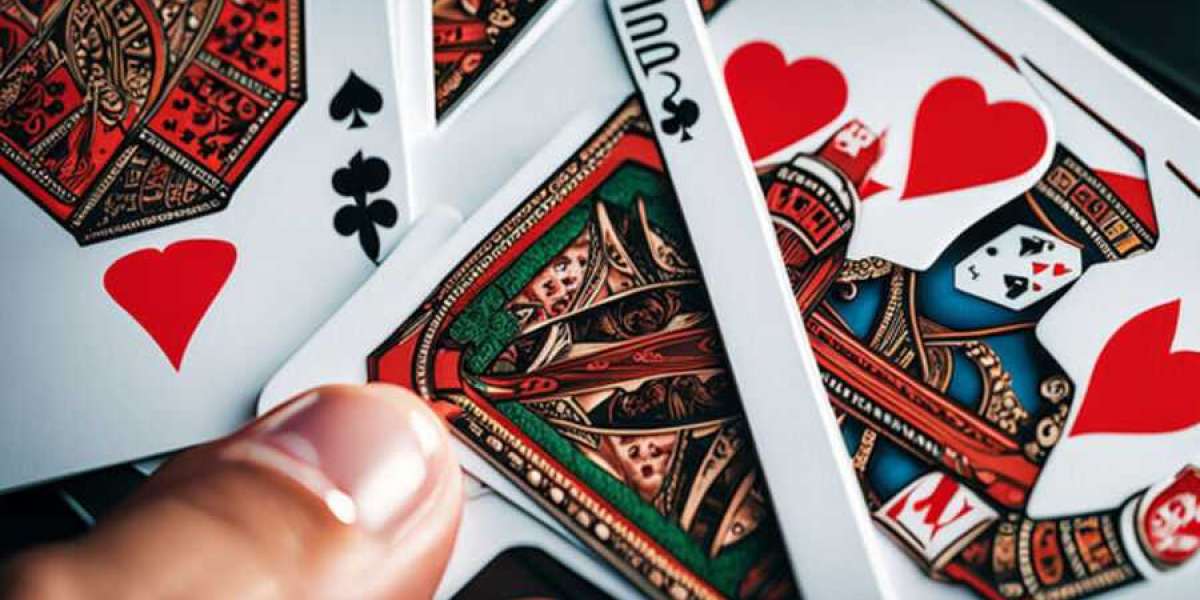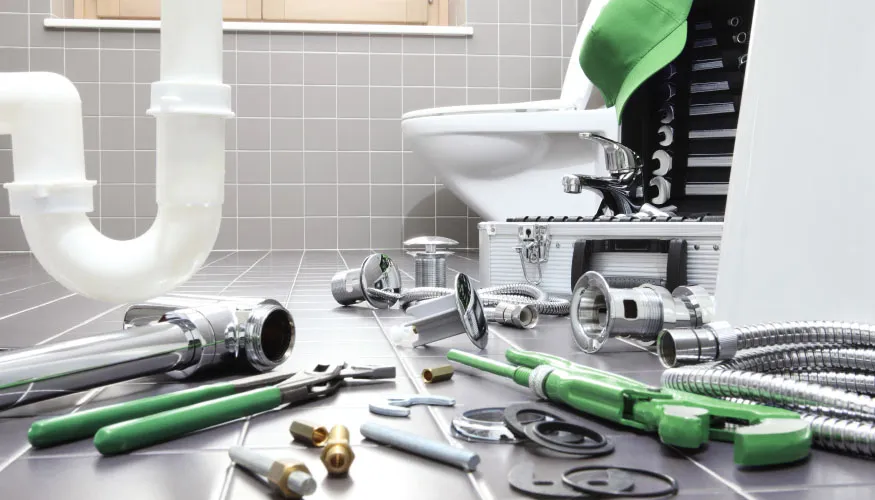Security dog handlers are integral persons to the provision of safety as well as crime deterrence in the UK. These professionals work with very highly trained dogs in serving this unique, effective layer of protection. The security dog handler therefore serves to protect businesses, event management, and construction sites, among others, in the protection that these dogs bring. This article will focus on the security dog handlers, their work, and how they are in charge of maintaining the safety of the country within the United Kingdom.
The Importance of Security Dog Handlers
Security dog handlers have been placed at the fore even in a world where threats change constantly. A security dog handler is not only capable of taking care of his or her canine partner but also one who can identify the potential risks and act to reduce such risks so they do not become harmful. Security dogs UK have established themselves as one of the best deterrents against theft, vandalism, and intrusion.
Key Responsibilities of a Security Dog Handler
Security dog handlers cover a huge remit from simply walking a dog. Their roles are multi-peril, combining caring for canines with security knowledge and public safety. Below are the primary duties of a security dog handler in the UK.
Conducting Patrols
Patrol is the principal function performed by dog handlers while working with security dogs. The patrols can take place either in the morning or evening time of the day or even in any part of the night. As the risk of theft and intrusion is usually at night, it is more efficient to patrol at night. Dog unit security teams are much more efficient than a single Security Guard in covering large areas because their dog partners have acute senses.
Trained to be alert for unusual sounds, scents, and movements, security dogs increase vigilance during patrols. Their handlers are there to interpret the body language of the dog and inspect any suspicious activity that may jeopardise the security of the premises.
Deterring Criminal Activity
Security dogs alone usually prevent most criminals. K9 security services are effective because they give the appearance of a more vigilant system and rapid response. The handlers train them to position the handler and the canine in as visible locations as possible, ensuring maximum deterrence.
Handlers are also in a position to know how to control their dogs in a stressful event like intruders. This is very important and also to avoid escalation and commanding at the same time.
Managing Canine Welfare
Feeding and Grooming
The duty to their K9 is maintaining the health of the dog. This will include feeding and grooming them and even holding them at an optimal level of wellness. Healthy care for the dog is sure to excel, which makes the department essential for the handler.
Regular Training and Drills
For one to stand well in the eyes of others, K9 security services that train effective dogs offer some functions. In this regard, security dog handlers are required to do scheduled exercises to ensure that their dogs are fit enough and ready to face any situation. Such exercises normally include obedience training, search-and-rescue simulation, as well as scenario training.
Monitoring Health and Fitness
A security dog's physical fitness determines its performance. Handlers should notice if the canine appears fatigued, sickly, or injured. Regular visits to vets are not avoidable in order to keep the dogs fit for duty.
Specialised Roles of Security Dogs
Security dogs in the UK are often trained for specialised roles, requiring their handlers to be well-versed in these specific tasks.
Crowd Management
In crowded settings, such as concerts or sports events, dog unit security plays a vital role in maintaining order. Security Dog Handlers are trained to navigate these environments without causing alarm, using their dogs to detect potential threats and manage unruly behaviour effectively.
Guarding High-Value Assets
Certain assignments require security dog handlers to guard high-value assets, such as construction equipment, luxury vehicles, or confidential documents. In such scenarios, handlers ensure that their canine partners remain alert and ready to respond to any unauthorised access attempts.
Communication and Coordination
Security dog handlers may interact with various other security team members. Effective communication and coordination are crucial to effective working.
Reporting Incidents
After identifying and responding to a potential threat, security dog handlers must document the incident in detail. This includes noting the actions taken, the dog's behaviour, and any outcomes. Accurate reporting ensures accountability and aids in future planning.
Collaborating with Other Security Personnel
Handlers frequently collaborate with other security professionals, such as CCTV operators and patrol teams. This coordination enhances overall security coverage and ensures that all aspects of the premises are monitored effectively.
The Unique Advantages of Dog Unit Security
Dog unit security offers several benefits that traditional security measures cannot match.
Quick Response
Security dogs can quickly chase down intruders or locate hidden threats, making them invaluable during emergencies. Handlers ensure their canine partners are always ready to act promptly.
Psychological Impact
The availability of security dogs psychologically leads a potential crook to fear attempting to carry out a crime. The consequence of this is the decrease in probabilities of such occurrences, which consequently enhances safety.
Challenges Faced by Security Dog Handlers
Despite their many benefits, the role of a security dog handler comes with challenges.
Handling Stressful Situations
Handlers of security dogs have to remain composed at all times when working with aggressive intruders or when working in crowded rooms. Keeping calm ensures the efficiency of the handler and their dog.
Balancing Work and Canine Care
Handlers must dedicate time to both aspects, often beyond their regular working hours.
Adapting to Different Environments
Security dog handlers work in diverse environments, from warehouses to outdoor events. Adapting to these settings while ensuring their dog remains focused is a constant challenge.
Conclusion
The role of a UK security dog handler is also complex; one needs to possess both security operation expertise and deep understanding of canine behaviour. Modern security frameworks are played with perhaps the utmost importance by handlers in relation to everything from conducting patrols to deterring criminal activity and even keeping their dogs' welfare in check.
It is not about using animals to protect but forming a partnership with the handler and canine in order to provide a secure environment. This is where, as threats change, the demand for security dog handlers and K9 security services increases and can stay there in the UK's security horizon.







